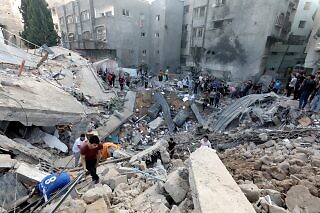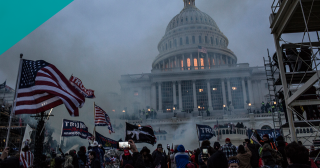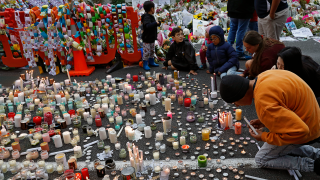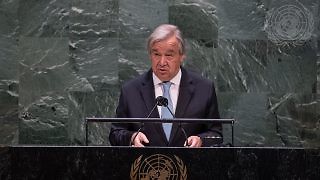While Israel wages war against Hamas in Gaza and Russia pursues its war in Ukraine, an egregious yet potentially overlooked assault may be under way in both contexts.Amid the massive loss of life and displacement in Gaza, as well as the burgeoning humanitarian catastrophe, over 100 ancient cultural or archaeological sites in the Strip were […]
Author: Michaela Millender
-
-
Understanding how gender narratives are exploited by far-right violent extremists is a pressing multilateral policy issue.
-
The UN counterterrorism architecture was written broadly though its application has been largely focused on two groups: al-Qaeda and Daesh. With transnational dimensions growing in right-wing terrorism, is there a role for international organizations like the UN?
-
The UN75 report produced ten key findings that highlighted what respondents felt were both immediate and long-term priorities.








